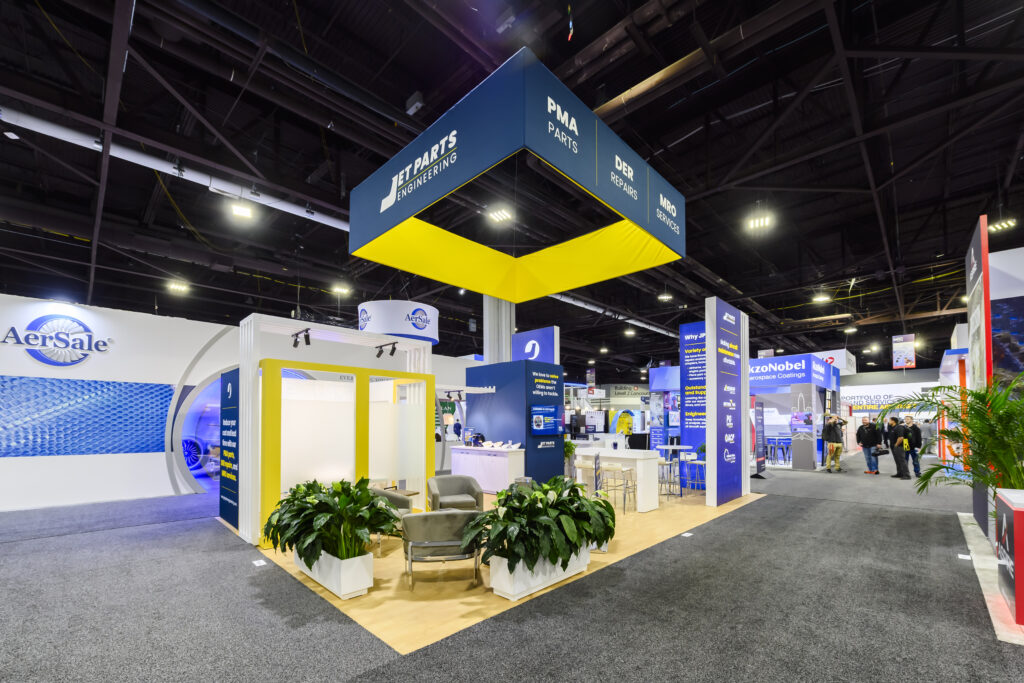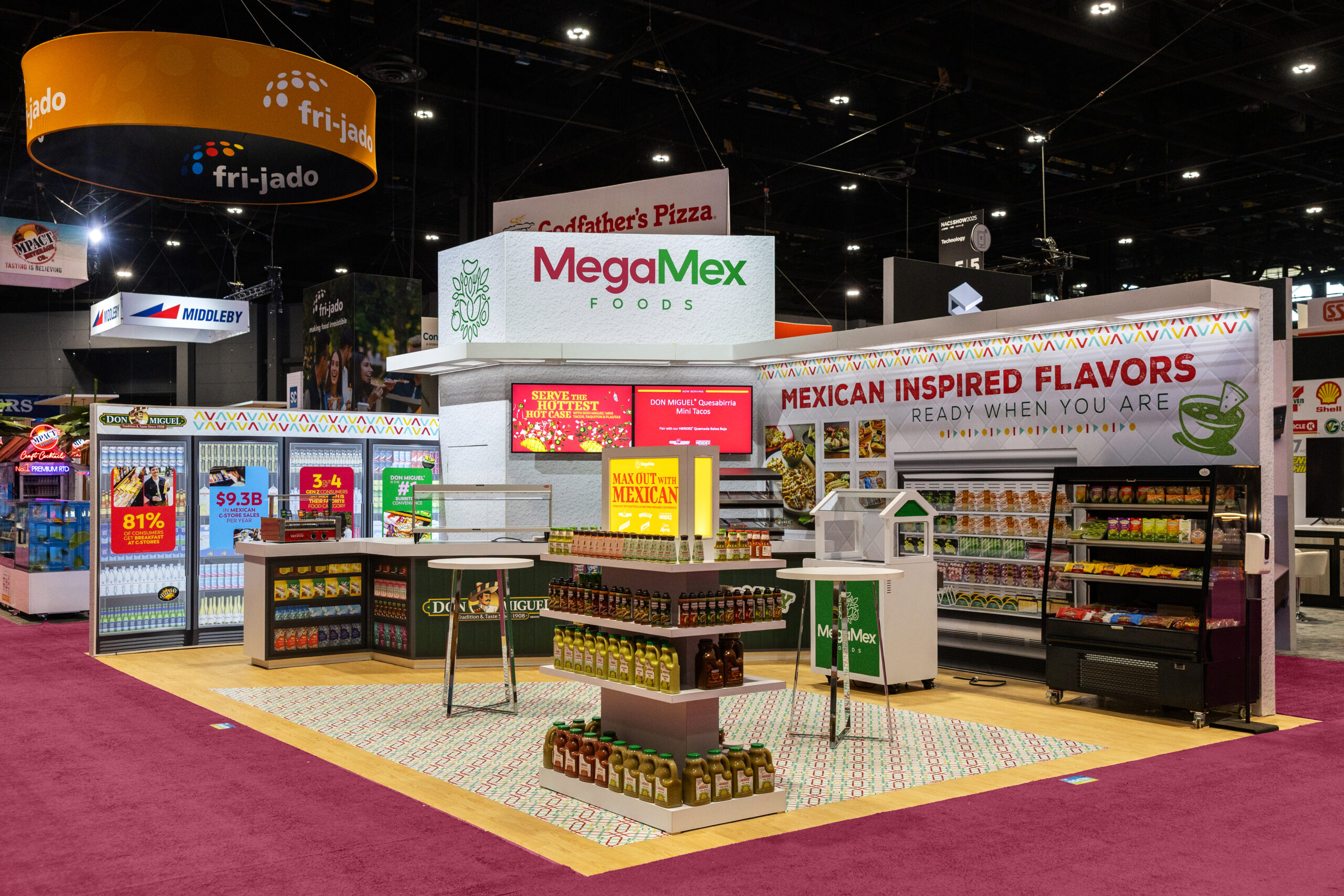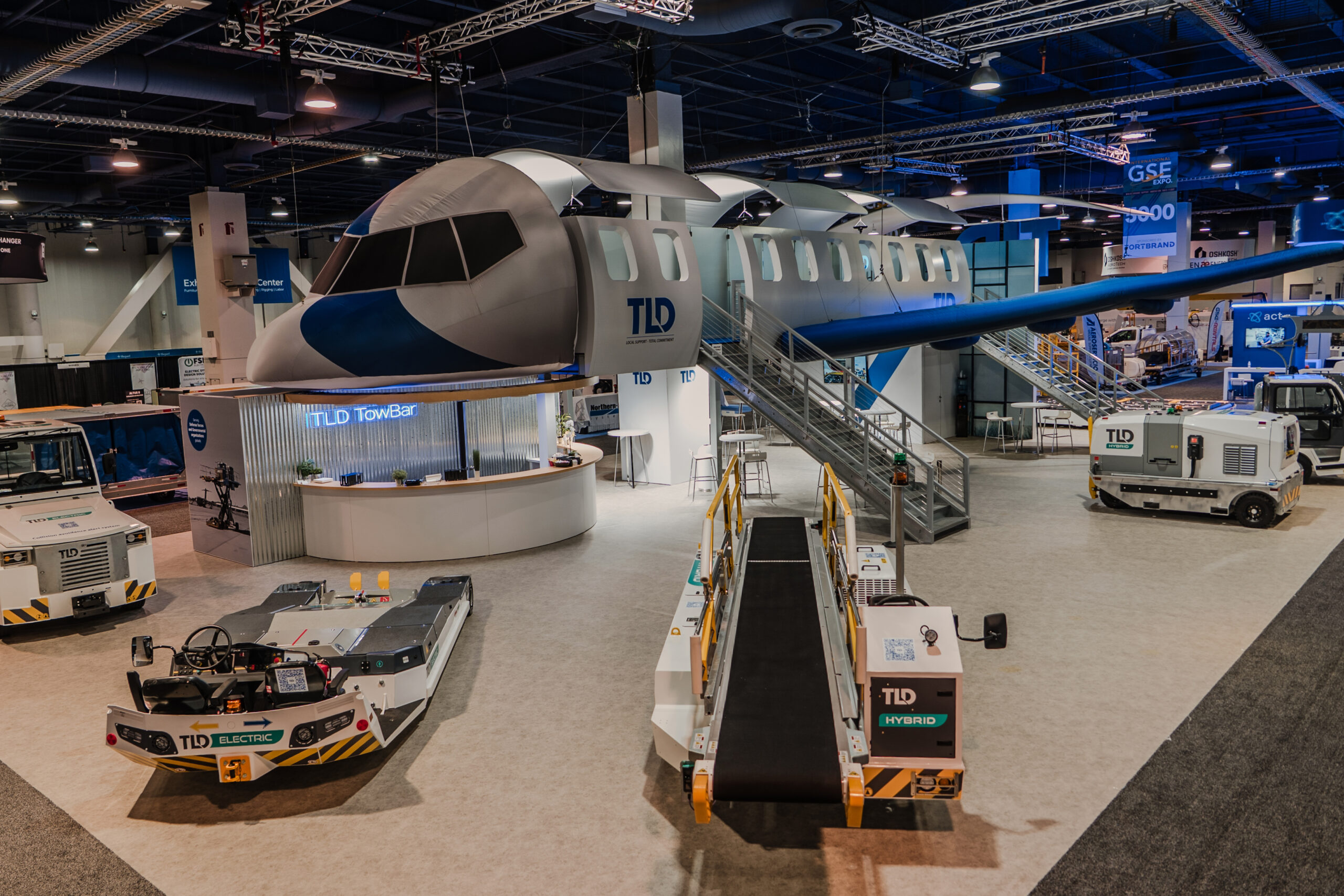A polished booth design alone will not guarantee success at an international trade show. Exhibiting globally requires your team to engage diverse audiences, respect cultural norms, and adapt communication styles. Without preparation, even the best products can get lost in translation — both literally and figuratively.
As we move through 2025 and beyond, cultural training remains essential for exhibitors who want to build trust, avoid costly mistakes, and maximize ROI at international shows.

Why Cultural Training Matters for Exhibitors
International trade shows bring together leaders, buyers, and decision-makers from around the world. While English is often the shared language, breakdowns occur when slang, idioms, or gestures don’t translate.
Small details, from how you greet visitors to how you hand over a business card, can influence whether you secure a deal or lose an opportunity. Cultural training ensures staff know how to communicate clearly and professionally, reducing risk and strengthening credibility.
Key Elements of Cultural Training
Greetings and Introductions
- In some regions, a firm handshake works.
- In Japan, a bow or a two-handed business card exchange is required.
- Formal introductions and hierarchy matter more in many Asian and Middle Eastern countries.
Negotiation Styles
- Some cultures value directness and quick decision-making.
- Others prioritize relationship-building before discussing business terms.
- Training staff to adjust their pace prevents frustration on both sides.
Conversation Sensitivities
- Avoid politics, religion, or humor that doesn’t translate.
- Use clear, professional language rather than slang or idioms like “we’re crushing it.”
Nonverbal Communication
- Gestures, eye contact, and personal space vary across regions.
- A thumbs-up is positive in the U.S. but offensive in parts of the Middle East and Latin America.
Role of Women in Business
- Expectations differ globally. In some countries, women commonly hold executive roles; in others, cultural norms may require more cautious navigation.
Avoiding Common Cultural Missteps
- Japan: Handing over a business card casually appears disrespectful.
- Germany: Casual humor often falls flat.
- Middle East: Diving straight into business without personal conversation can feel abrupt.
By learning these nuances in advance, exhibitors avoid awkward moments and instead create stronger connections.
Preparing Your Team for Global Success
Exhibiting abroad requires more than product knowledge. Training should combine etiquette, communication skills, and cultural awareness. Practical steps include:
- Roleplay exercises: Simulate introductions, negotiations, and common scenarios.
- Scenario planning: Equip staff to adapt when cultural surprises occur.
- Multilingual support: Provide interpreters or hire staff with relevant language skills.
- Team mindset: Encourage flexibility, patience, and professionalism.
At Absolute Exhibits, we help clients prepare by sharing insights on cultural expectations alongside exhibit design, ensuring their first impression resonates with global audiences.
Quick Cultural Training Do’s and Don’ts
Do:
- Learn greetings and card exchange customs.
- Research local negotiation styles.
- Keep language clear and professional.
- Train staff on etiquette and nonverbal cues.
- Respect gender roles where cultural norms vary.
Don’t:
- Use slang, idioms, or humor that doesn’t translate.
- Assume all cultures value directness equally.
- Engage in sensitive or taboo topics.
- Rely solely on product knowledge to build trust.
- Ignore cultural roles or expectations.
Conclusion
You invest heavily in international trade shows. Don’t let cultural blind spots undermine your efforts. With the right training, your staff can confidently engage with global audiences, build trust, and maximize your return on investment — today and in the years ahead.
For more preparation strategies, see The Complete Guide to Preparing for International Trade Shows.




